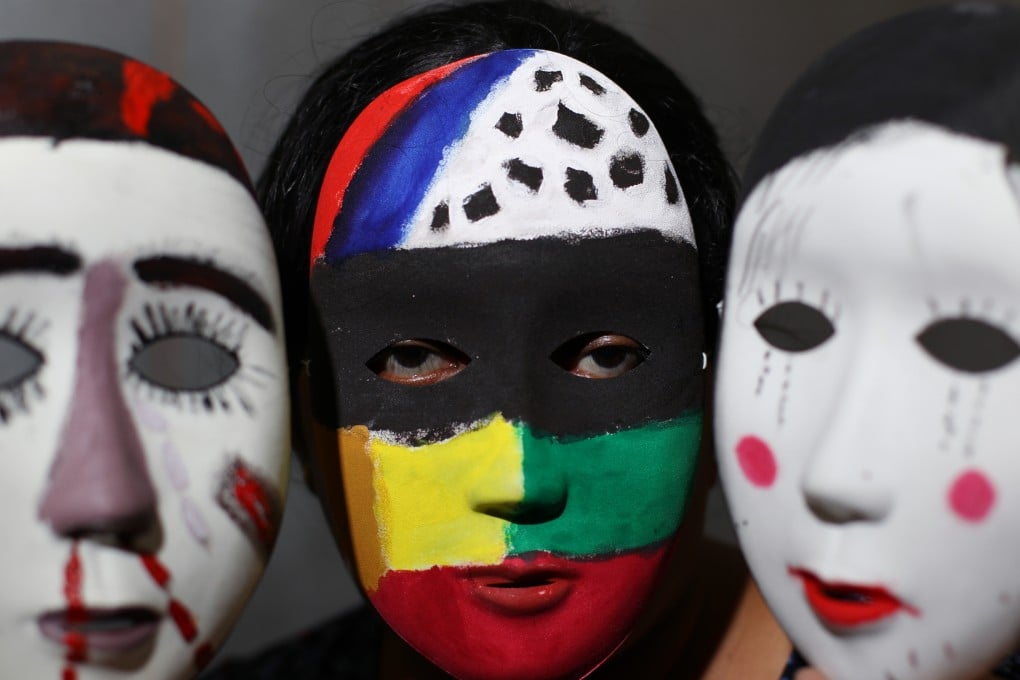Hong Kong can't ignore the reality of asylum seekers in limbo
Tony Read says government policies don't address the actual situation

Two recent events involving refugees in Hong Kong illustrate the gap between the government's policy towards those seeking protection from persecution and the reality of the circumstances they face.
At a recent Legislative Council panel meeting, the Social Welfare Department announced enhancements to the service package for claimants in terms of accommodation, food, transport and utilities. While these are welcome developments, they are unlikely to assuage the anger and resentment asylum seekers feel from the delays and poor treatment they have received.
At the Court of Final Appeal, Michael Fordham QC made a strong case for four successful protection claimants to be granted the right to work, arguing that this was a basic human right and that the government was not entitled to withhold it as a blanket ruling. The verdict is awaited, and many wonder whether Hong Kong will at last see this human rights approach for refugees being upheld in the rule of law.
Hong Kong has unexpectedly become a very long pause in their life development
Hong Kong's immigration policy ensures that asylum seekers and protection claimants are not returned to their country of origin while claims are being assessed.
The government is currently rethinking its approach to screening the claims but the final result will still be to resettle successful claimants elsewhere or return unsuccessful claimants to their country of origin, to ensure Hong Kong is not a final destination for refugees.
Currently, during the screening process, applicants are not allowed to work and rely on meagre handouts from a government that aims to avoid creating a "magnet effect" for others seeking a place of refuge. Deputy Secretary for Security Maggie Wong Siu-chu made it quite clear at the Legco meeting that the handouts are intended to be "humanitarian aid", not social security. The assumption is that the screening process is efficient and short.
Hong Kong's policies for refugees are thus based on two assumptions: that a claimant's final destination will not be Hong Kong, and that their stay here will be comparatively short. Unfortunately, both these assumptions are far from reality for many.